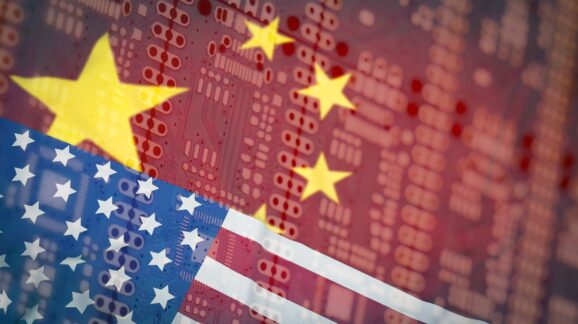Three Problems with Biden’s China EV Tariffs
The Biden administration announced it would raise tariffs on Chinese-made steel, aluminum, semiconductors, solar panels, and EVs. This proposal has three major problems.
First, tariffs will make cars and energy less affordable during a time of high inflation. They cause economic pain that piles on top of inflation. Monetary inflation has raised prices by more than 20 percent since the Fed went on its pandemic money-printing spree. Biden’s new China tariffs will keep vehicle prices high and raise energy prices on top of the damage that inflation is already doing to people’s pocketbooks.
Second, tariffs also go against the Biden administration’s policy of expanding green technologies, like getting more people to switch to EVs and solar panels. When the price of something goes up, people buy less of it. Economists call this the law of demand. Everyone else calls it common sense.
Existing tariffs already mostly keep Chinese EVs out of the U.S. and let domestic EV makers keep their prices high. The new tariffs will make that existing problem worse and further prevent competition from making EVs affordable. People are going to buy fewer of them than they would otherwise.
Sure, the administration has put out a lot of words about getting people to adopt green technologies, but its actions are geared toward subsidizing politically-connected U.S.-based businesses. These include EV manufacturers such as Tesla, Rivian, and traditional automakers, as well as semiconductor and solar panel makers. Economists call this revealed preferences. Actions speak louder than words.
If you were to draw a Venn diagram with one circle containing the administration’s climate policy goals and the other circle containing green rent-seekers, there would be some overlap. But in places where the administration must choose political ideals or their cronies, rent-seeker cronies usually win.
The third big problem with Biden’s tariffs is the damage they will cause to America’s economy for years to come, regardless of which party is in power. Inertia might be the strongest force in politics. Once a policy is in place, it can take decades to undo it, even after large majorities agree that it has backfired.
We’re still stuck with the Jones Act of 1920, which imposes draconian shipping restrictions, despite its well-known harms to energy affordability and hurricane relief, as well as its benefits to hostile petrostates like Russia and Venezuela.
Read the full article on DCJournal.
